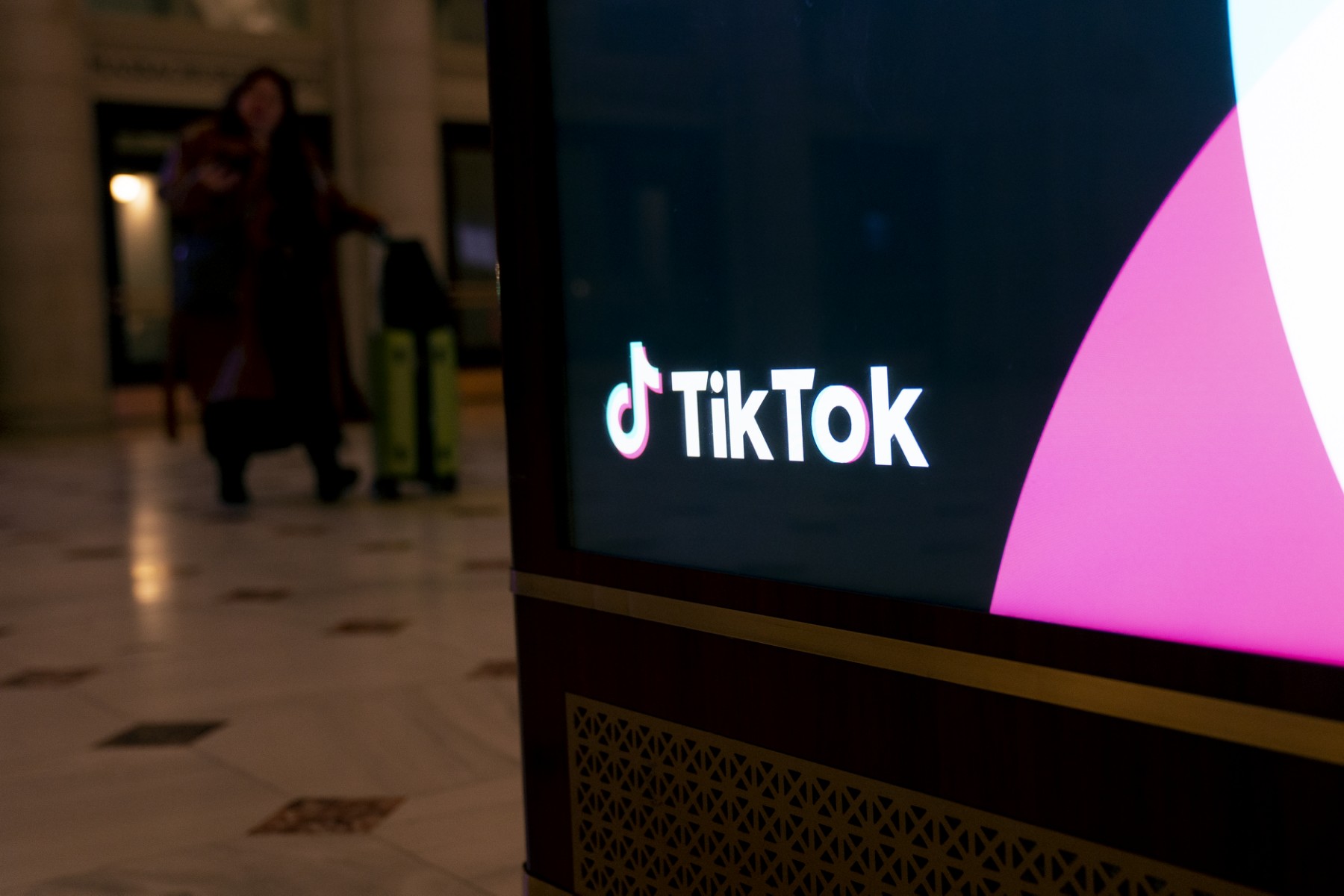
403
Sorry!!
Error! We're sorry, but the page you were looking for doesn't exist.
TikTok faces lawsuits from 13 US states for addictive features targeting children
(MENAFN) A coalition of over a dozen US states filed a lawsuit against TikTok on Tuesday, alleging that the platform is intentionally designed to be addictive for minors. The lawsuits, which were submitted independently in 13 states along with the District of Columbia, claim that TikTok has violated consumer protection laws and contributed to a worsening mental health crisis among adolescents, as reported by NPR. This legal action highlights growing concerns among state officials about the impact of social media on young users.
The bipartisan group of attorneys general aims to compel TikTok to modify features that they consider manipulative and detrimental to the well-being of young users. In addition to seeking changes to the platform, the lawsuits are also pursuing financial penalties against the company for its alleged actions. California's Democratic Attorney General, Rob Bonta, stated that TikTok has been aware of the potential risks posed to children and accused the company of prioritizing addiction and increased usage for profit over the mental and physical health of young people.
With an impressive 170 million monthly users in the US, TikTok faces mounting challenges as it navigates the complexities of regulatory scrutiny. The platform is under pressure to address these legal claims while also dealing with the possibility of an all-out ban, which is set to take effect in January unless TikTok severs its ties with its parent company, ByteDance, based in China. This looming threat underscores the platform's need to find a resolution that satisfies both regulatory demands and user safety concerns.
As the legal landscape continues to evolve, TikTok's future in the US remains uncertain, and the outcomes of these lawsuits may have significant implications for social media practices and regulations. The actions taken by state officials reflect a growing recognition of the need to protect young users from potential harm associated with digital platforms, signaling a shift in how social media companies are held accountable for their impact on mental health and well-being.
The bipartisan group of attorneys general aims to compel TikTok to modify features that they consider manipulative and detrimental to the well-being of young users. In addition to seeking changes to the platform, the lawsuits are also pursuing financial penalties against the company for its alleged actions. California's Democratic Attorney General, Rob Bonta, stated that TikTok has been aware of the potential risks posed to children and accused the company of prioritizing addiction and increased usage for profit over the mental and physical health of young people.
With an impressive 170 million monthly users in the US, TikTok faces mounting challenges as it navigates the complexities of regulatory scrutiny. The platform is under pressure to address these legal claims while also dealing with the possibility of an all-out ban, which is set to take effect in January unless TikTok severs its ties with its parent company, ByteDance, based in China. This looming threat underscores the platform's need to find a resolution that satisfies both regulatory demands and user safety concerns.
As the legal landscape continues to evolve, TikTok's future in the US remains uncertain, and the outcomes of these lawsuits may have significant implications for social media practices and regulations. The actions taken by state officials reflect a growing recognition of the need to protect young users from potential harm associated with digital platforms, signaling a shift in how social media companies are held accountable for their impact on mental health and well-being.

Legal Disclaimer:
MENAFN provides the
information “as is” without warranty of any kind. We do not accept
any responsibility or liability for the accuracy, content, images,
videos, licenses, completeness, legality, or reliability of the information
contained in this article. If you have any complaints or copyright
issues related to this article, kindly contact the provider above.


















Comments
No comment